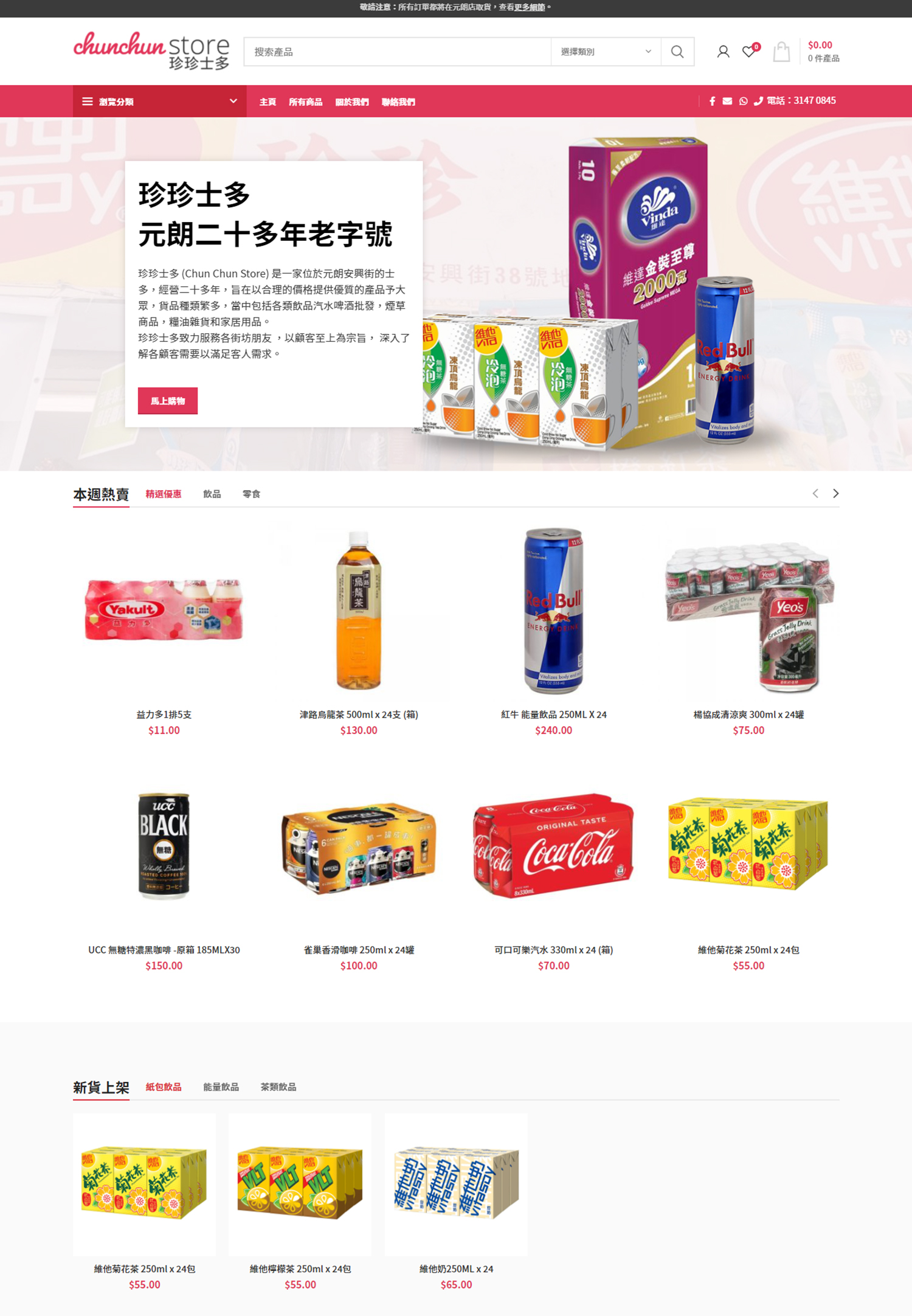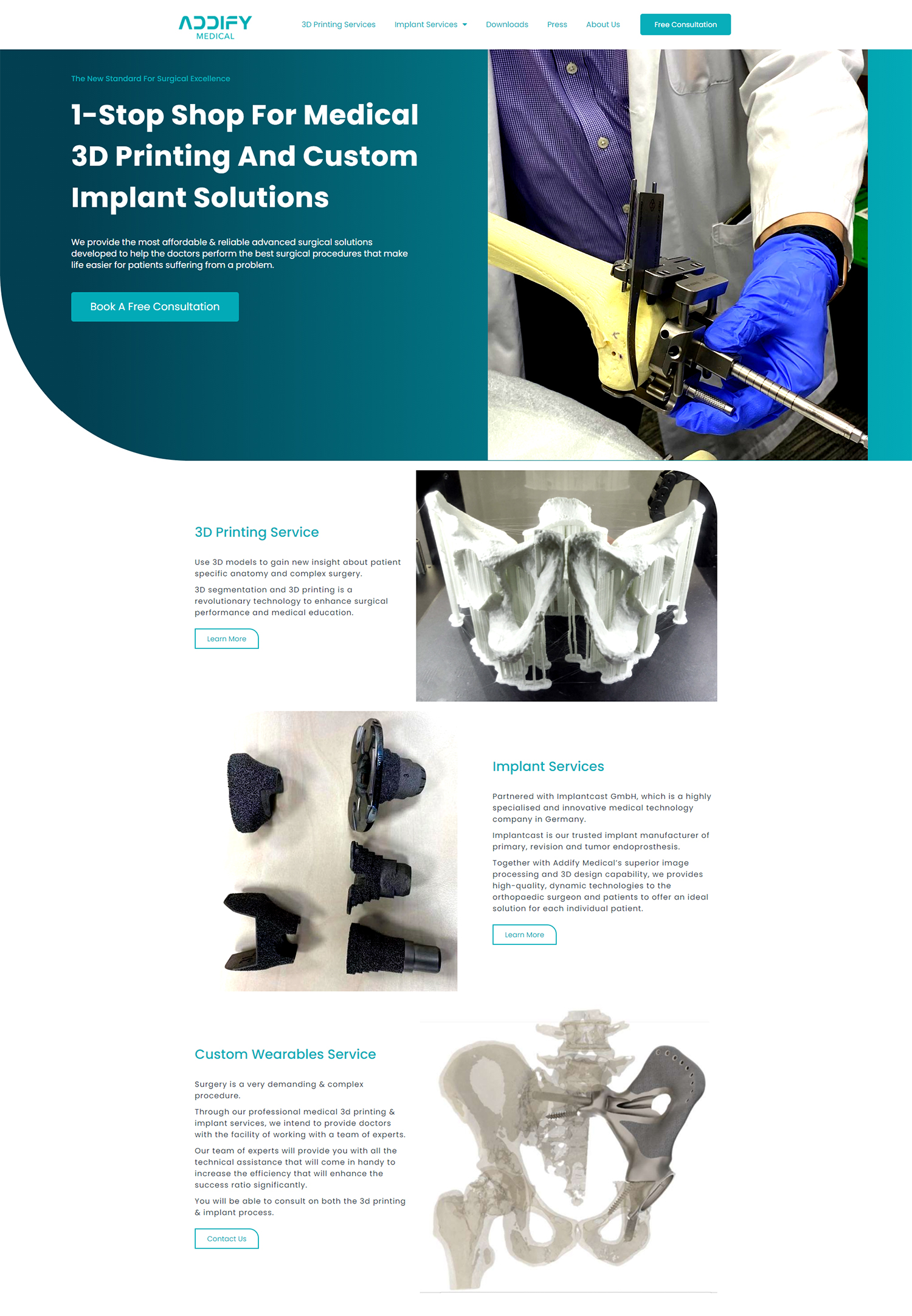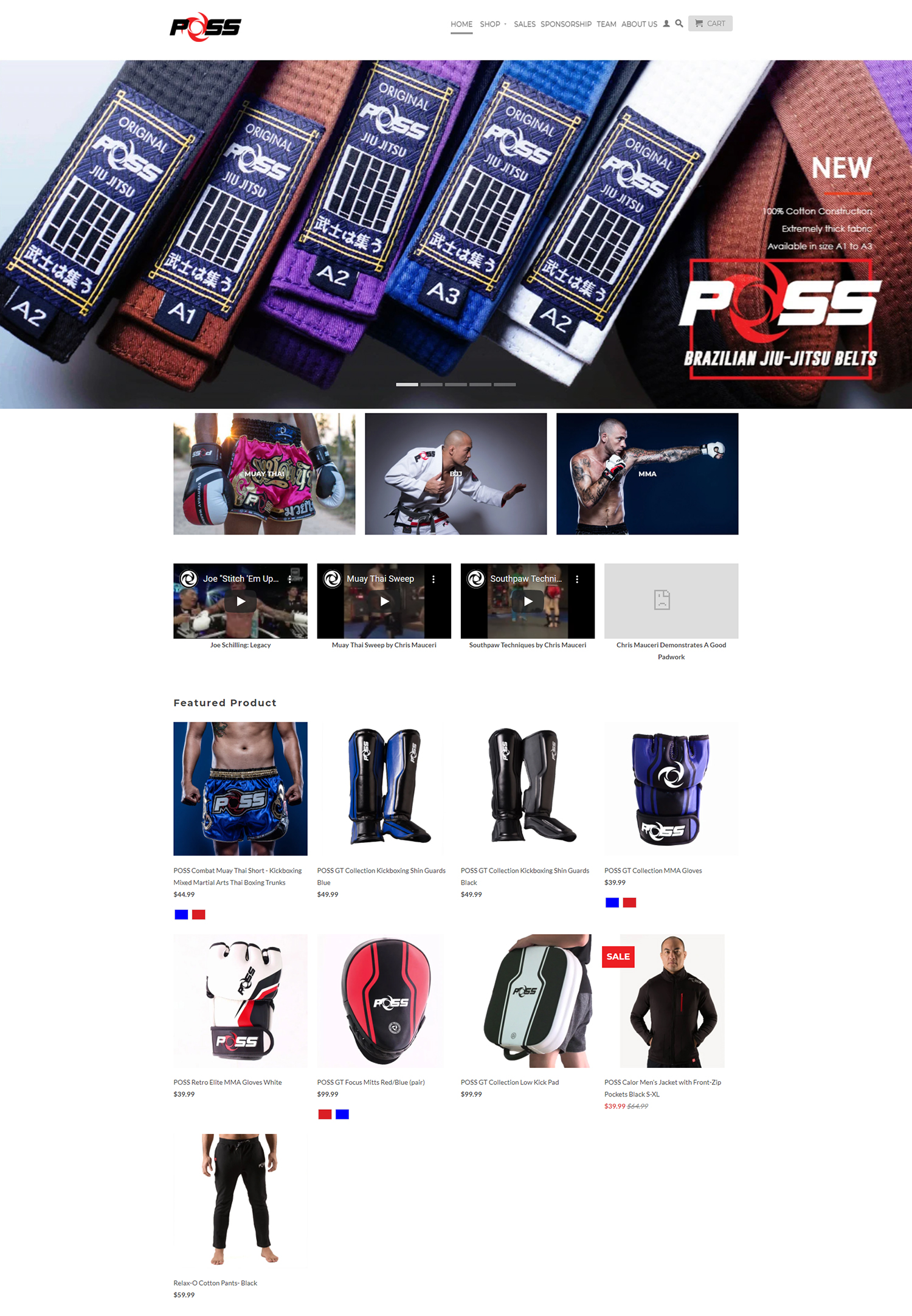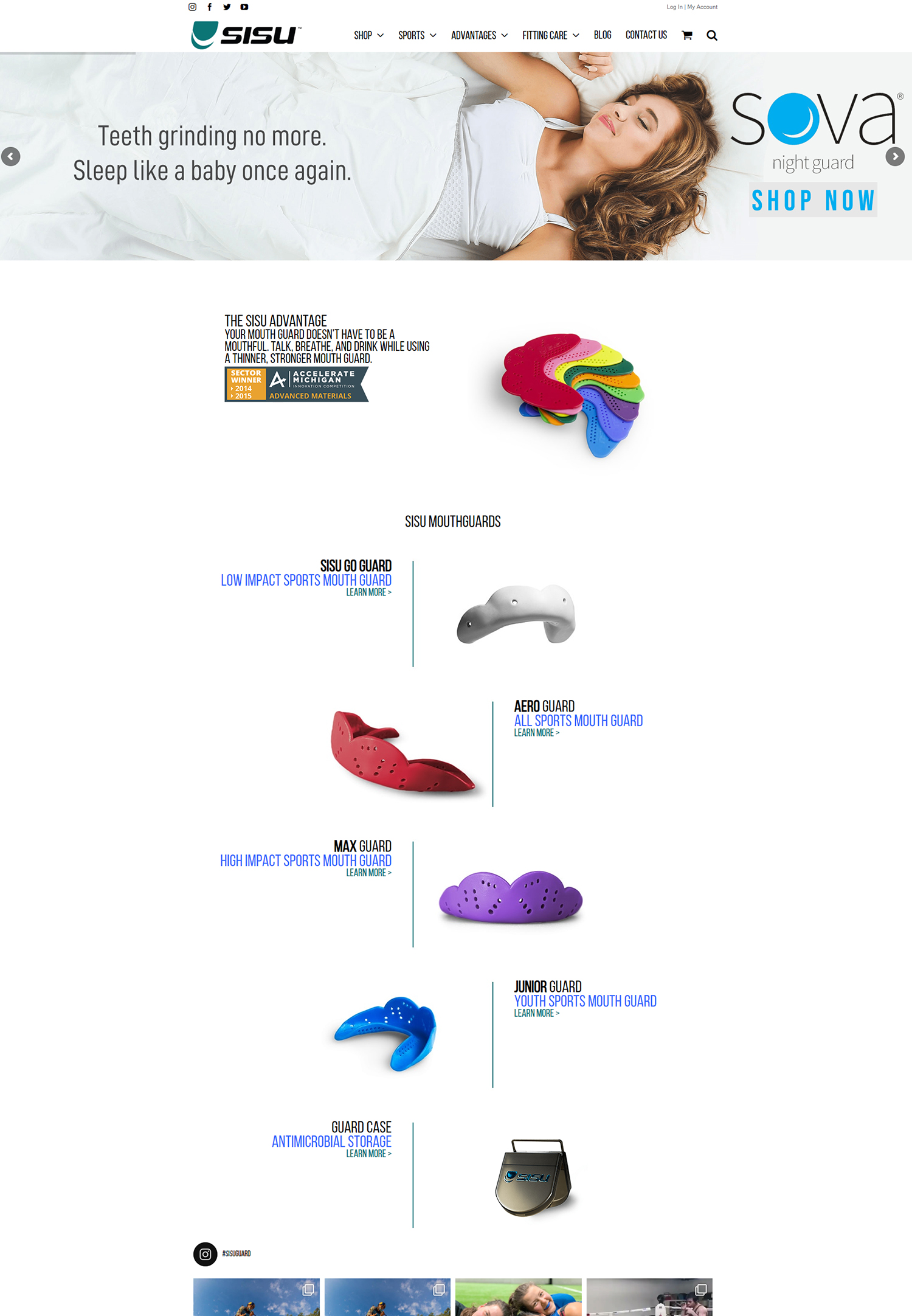In today’s digital age, the significance of online marketing for small businesses cannot be overstated. With the proliferation of the internet and the increasing reliance on digital platforms for information and shopping, small businesses must adapt to this new landscape to remain competitive. Online marketing offers a unique opportunity for small enterprises to reach a broader audience without the hefty price tag often associated with traditional advertising methods.
By leveraging online channels, small businesses can effectively target specific demographics, engage with potential customers, and build brand awareness in ways that were previously unimaginable. Moreover, online marketing provides measurable results that can inform business strategies. Unlike traditional marketing methods, which often rely on guesswork and assumptions, digital marketing tools allow small business owners to track their campaigns in real-time.
Metrics such as website traffic, conversion rates, and social media engagement provide valuable insights into customer behavior and preferences. This data-driven approach enables small businesses to refine their marketing strategies, allocate resources more efficiently, and ultimately drive sales growth. In essence, embracing online marketing is not just an option for small businesses; it is a necessity for survival and success in a competitive marketplace.
Key Takeaways
- Online marketing is crucial for small businesses to reach a wider audience and compete in the digital age.
- Building a strong online presence involves creating a professional website and utilizing social media platforms.
- Social media is a powerful tool for small businesses to connect with their target audience and build brand awareness.
- Implementing SEO strategies can help small businesses improve their online visibility and attract more organic traffic.
- Email marketing is an effective way to engage with potential customers and nurture relationships with existing ones.
Creating a Strong Online Presence for Your Small Business
Establishing a robust online presence is the cornerstone of effective online marketing for small businesses. This begins with creating a professional website that serves as the digital storefront. A well-designed website should be user-friendly, visually appealing, and optimized for mobile devices, as an increasing number of consumers browse and shop using their smartphones.
Essential elements of a strong website include clear navigation, informative content about products or services, and easy access to contact information. Additionally, integrating e-commerce capabilities can significantly enhance the customer experience by allowing users to make purchases directly from the site. Beyond the website, small businesses should also consider their presence on various online platforms.
This includes creating profiles on social media networks such as Facebook, Instagram, LinkedIn, and Twitter, where potential customers are likely to engage with brands. Each platform has its unique audience and style of communication, so tailoring content to fit these nuances is crucial. Furthermore, maintaining an active presence on these platforms fosters community engagement and builds relationships with customers.
Regularly posting updates, promotions, and engaging content can help keep the brand top-of-mind for consumers while also encouraging user-generated content that can amplify reach.
Utilizing Social Media for Marketing Your Small Business
Social media has revolutionized the way businesses interact with their customers, making it an indispensable tool for small business marketing. Platforms like Facebook and Instagram allow businesses to connect with their audience on a personal level, fostering a sense of community and loyalty. By sharing engaging content—such as behind-the-scenes looks at the business, customer testimonials, or interactive polls—small businesses can humanize their brand and create a more relatable image.
This approach not only attracts new customers but also encourages existing ones to become brand advocates who share their positive experiences with others. Moreover, social media advertising offers targeted options that can yield impressive returns on investment. Small businesses can utilize tools like Facebook Ads or Instagram Promotions to reach specific demographics based on interests, location, and behavior.
This level of targeting ensures that marketing efforts are directed toward individuals who are more likely to convert into customers. Additionally, social media platforms provide analytics tools that allow businesses to track engagement metrics and adjust their strategies accordingly. By analyzing which types of posts resonate most with their audience, small businesses can refine their content strategy to maximize impact.
Implementing Search Engine Optimization (SEO) Strategies
| Metrics | Results |
|---|---|
| Organic Traffic | Increased by 30% |
| Keyword Ranking | Top 3 positions for 80% of targeted keywords |
| Click-Through Rate (CTR) | Improved by 20% |
| Conversion Rate | Increased by 15% |
| Backlinks | Acquired 100 high-quality backlinks |
Search Engine Optimization (SEO) is a critical component of online marketing that helps small businesses improve their visibility on search engines like Google. When potential customers search for products or services related to a small business, effective SEO strategies ensure that the business appears prominently in search results. This involves optimizing website content with relevant keywords that potential customers are likely to use when searching online.
For instance, a local bakery might focus on keywords such as “fresh bread in [city name]” or “best pastries near me” to attract local customers. In addition to keyword optimization, technical SEO plays a vital role in enhancing website performance. Factors such as page load speed, mobile-friendliness, and secure connections (HTTPS) contribute to a better user experience and can positively impact search rankings.
Furthermore, creating high-quality backlinks from reputable websites can bolster a small business’s authority in its industry. Engaging in local SEO practices—such as claiming a Google My Business listing—can also help small businesses attract nearby customers searching for relevant services or products. By implementing these strategies, small businesses can significantly increase their organic traffic and improve their chances of converting visitors into loyal customers.
Leveraging Email Marketing to Reach Your Target Audience
Email marketing remains one of the most effective channels for reaching customers directly and fostering long-term relationships. For small businesses, building an email list is essential; this can be achieved through various means such as offering incentives like discounts or exclusive content in exchange for email sign-ups. Once a list is established, small businesses can segment their audience based on preferences or behaviors to deliver personalized content that resonates with each group.
Crafting compelling email campaigns involves more than just promotional messages; it requires storytelling and value-driven content that engages recipients. For example, a local fitness studio might send out weekly newsletters featuring workout tips, success stories from members, or upcoming events alongside promotional offers. Additionally, utilizing automation tools can streamline the process of sending timely emails based on customer actions—such as abandoned cart reminders or birthday discounts—ensuring that communication remains relevant and timely.
By consistently delivering valuable content through email marketing, small businesses can nurture leads and encourage repeat purchases.
Using Content Marketing to Showcase Your Expertise
Content marketing serves as an effective strategy for small businesses to establish themselves as industry experts while providing value to their audience. By creating informative blog posts, videos, infographics, or podcasts related to their niche, small businesses can attract potential customers seeking knowledge or solutions to their problems. For instance, a landscaping company might publish articles on seasonal gardening tips or sustainable landscaping practices that not only showcase their expertise but also drive traffic to their website.
Moreover, content marketing enhances SEO efforts by incorporating relevant keywords naturally into the content. High-quality content that addresses customer pain points can lead to increased engagement and shares on social media platforms, further amplifying reach. Additionally, repurposing content across different formats—such as turning a blog post into a video or infographic—can maximize its impact while catering to diverse audience preferences.
By consistently producing valuable content that resonates with their target market, small businesses can build trust and credibility over time.
Engaging with Online Reviews and Reputation Management
In an era where consumers heavily rely on online reviews before making purchasing decisions, managing a small business’s online reputation is paramount. Positive reviews can significantly influence potential customers’ perceptions and encourage them to choose one business over another. Therefore, actively soliciting feedback from satisfied customers is essential; this can be done through follow-up emails or prompts on social media platforms encouraging reviews on sites like Google or Yelp.
However, it is equally important for small businesses to address negative reviews promptly and professionally. Responding to criticism demonstrates a commitment to customer satisfaction and provides an opportunity to resolve issues publicly. For example, if a customer leaves a negative review about poor service at a restaurant, responding with an apology and an offer to rectify the situation can turn a negative experience into a positive one for both the reviewer and potential customers reading the response.
By engaging with reviews—both positive and negative—small businesses can foster trust and transparency while enhancing their overall reputation.
Measuring the Success of Your Online Marketing Efforts
To ensure that online marketing strategies are effective and yielding desired results, small businesses must implement robust measurement practices. Utilizing analytics tools such as Google Analytics allows business owners to track key performance indicators (KPIs) related to website traffic, conversion rates, bounce rates, and user behavior. By analyzing this data regularly, small businesses can identify trends and patterns that inform future marketing decisions.
Additionally, social media platforms provide insights into engagement metrics such as likes, shares, comments, and follower growth. Monitoring these metrics helps small businesses understand which types of content resonate most with their audience and adjust their strategies accordingly. Email marketing platforms also offer analytics that reveal open rates, click-through rates, and conversion rates for campaigns.
By evaluating these metrics collectively across various channels, small businesses can gain a comprehensive understanding of their online marketing performance and make data-driven adjustments to optimize future efforts. In conclusion, navigating the world of online marketing presents both challenges and opportunities for small businesses. By understanding its importance and implementing effective strategies across various digital channels—from establishing a strong online presence to leveraging social media and email marketing—small enterprises can enhance their visibility and connect with their target audience more effectively than ever before.






























